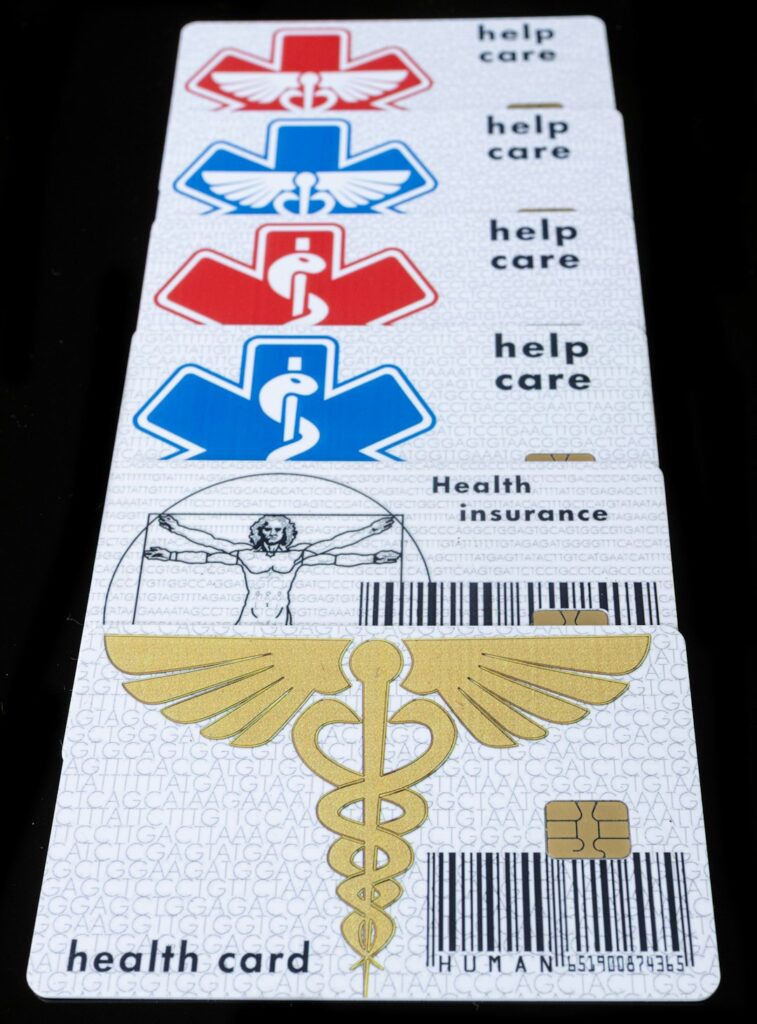AI Tools for HealthTech: Transforming Healthcare with Innovative Applications
As the healthcare industry continues to evolve, AI healthcare applications are becoming instrumental in enhancing patient outcomes, streamlining processes, and reducing costs. The integration of artificial intelligence into health technology is revolutionizing how medical professionals manage patient care and how patients interact with the healthcare system. This article explores the various AI tools available in HealthTech and their potential applications.
The Rise of AI in Healthcare
Over recent years, the application of AI in healthcare has witnessed significant growth. Machine learning, natural language processing, and deep learning are some of the technologies driving this transformation. These AI healthcare applications are enabling healthcare providers to analyze large datasets swiftly, leading to more informed decision-making and improved patient care.
Data Management and Analysis
One of the primary advantages of AI in HealthTech is its ability to manage and analyze vast amounts of data. Healthcare organizations are often inundated with patient records, diagnostic images, and clinical notes. AI-powered tools can sort through this data to extract relevant insights, thereby enhancing operational efficiency.
- Predictive Analytics: By applying machine learning algorithms, healthcare professionals can predict patient outcomes based on historical data and trends.
- Clinical Decision Support: AI systems can assist doctors in diagnosing diseases by providing evidence-based recommendations derived from extensive medical databases.
AI Healthcare Applications in Diagnostics
Another significant aspect of AI tools for HealthTech is their impact on diagnostics. AI healthcare applications are transforming how diseases are detected and diagnosed, leading to earlier intervention and improved treatment options.
Medical Imaging and Analysis
AI technology is particularly effective in interpreting medical images, such as X-rays, CT scans, and MRIs. These tools can identify abnormalities that may go unnoticed by human eyes, facilitating timely and accurate diagnoses.
- Radiology: AI algorithms can analyze radiographs to detect conditions like fractures or tumors with a high degree of accuracy.
- Pathology: AI applications can assist pathologists in analyzing tissue samples, accelerating the identification of cancerous cells.
Telemedicine and Virtual Health Assistants
AI healthcare applications have also paved the way for telemedicine and virtual health assistants. These tools enable patients to receive healthcare remotely, making it easier to access medical advice or treatment.
- Chatbots: AI-driven chatbots can provide immediate responses to patient inquiries, reducing wait times and improving patient engagement.
- Remote Monitoring: Wearable devices equipped with AI can continuously monitor patients’ health metrics, alerting providers of any alarming changes.
Improving Patient Experience
The integration of AI in healthcare isn’t solely about improving clinical outcomes; it also enhances the overall patient experience. AI healthcare applications are streamlining processes that previously caused frustration for patients and providers alike.
Personalized Medicine
AI tools are enabling personalized treatment plans that cater to the unique needs of individual patients. By analyzing genetic information, lifestyle factors, and medical history, healthcare professionals can offer tailored therapies that maximize effectiveness.
Administrative Efficiency
AI applications are also improving the administrative side of healthcare. Hospitals and practices are using AI tools to optimize scheduling, manage insurance claims, and enhance record-keeping, which reduces overhead costs and improves service delivery.
The Future of AI in HealthTech
Looking ahead, AI healthcare applications will likely become more sophisticated, leading to further innovations in HealthTech. As the technology continues to advance, we can expect a broader range of tools that enhance patient care, improve health outcomes, and revolutionize the healthcare industry.
Ethical Considerations
Despite the numerous benefits of AI in healthcare, ethical considerations must be addressed. Issues such as data privacy, transparency in AI algorithms, and potential biases in decision-making processes are crucial topics that regulators and industry leaders must navigate.
Conclusion
AI tools for HealthTech present vast opportunities to transform the healthcare landscape. From diagnostic advancements to improved patient experience and operational efficiency, AI healthcare applications are set to redefine how we approach health and well-being. As the AI technology matures, its role in healthcare will undoubtedly grow, offering endless possibilities for future enhancements in patient care.
Transforming Patient Care
AI healthcare applications are revolutionizing patient care by providing personalized treatment plans and enhancing decision-making processes. Advanced algorithms analyze vast amounts of data, including patient histories and genetic information, to offer tailored recommendations. This personalized approach allows healthcare professionals to address individual needs more effectively, ultimately improving patient outcomes.
Predictive Analytics in Health Management
One of the significant advantages of AI healthcare applications is their ability to perform predictive analytics. By examining trends and patterns in health data, AI can forecast potential health issues before they arise. This proactive strategy enables healthcare providers to implement preventive measures and create a more efficient care pathway, reducing hospital admissions and enhancing overall patient health management.
Enhancing Operational Efficiency
AI healthcare applications do not only improve patient-focused processes; they also streamline administrative tasks. Automation powered by AI significantly reduces the time spent on paperwork and billing, allowing healthcare professionals to dedicate more time to patient care. Moreover, AI tools can optimize scheduling and resource allocation, which is critical for maintaining a high-quality healthcare system.
Telemedicine Support
With the rise of telemedicine, AI healthcare applications play a crucial role in enhancing virtual consultations. AI tools can assist healthcare providers in analyzing symptoms based on patient inputs during virtual visits, which supports accurate diagnoses and treatment recommendations. This integration of AI with telehealth services exemplifies how technology is reshaping healthcare delivery and accessibility for patients everywhere.


